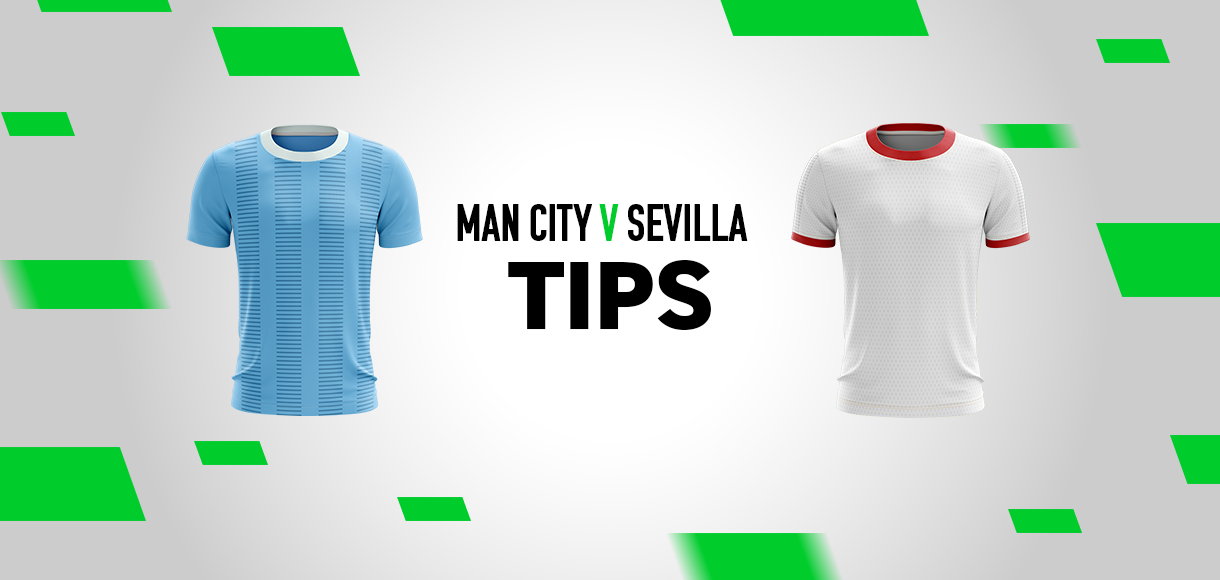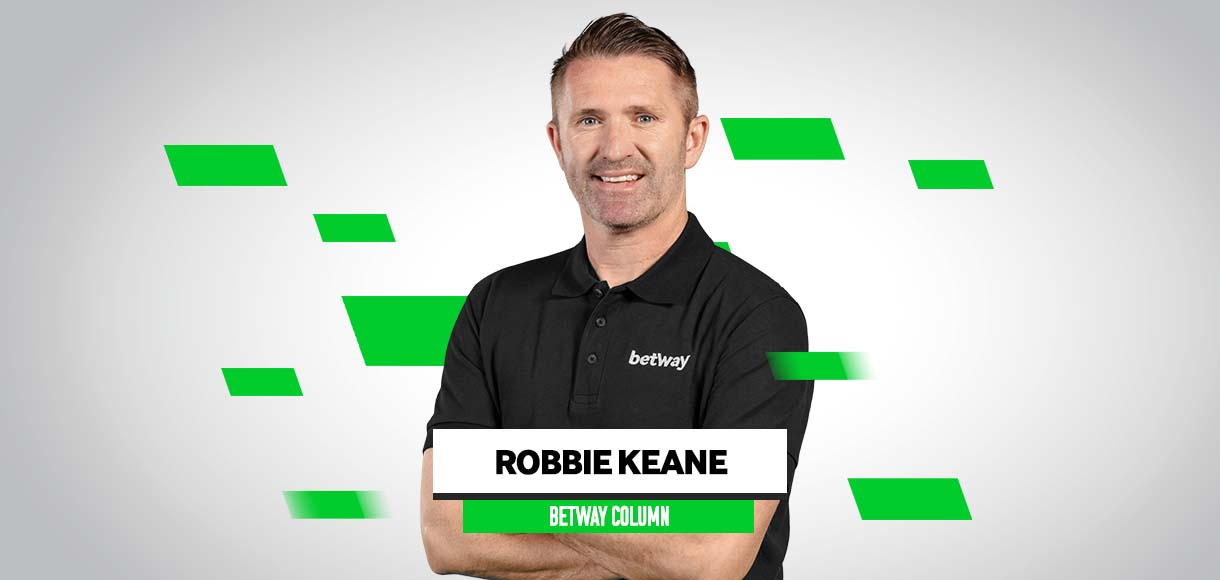Graham Stack on his Indian Super League adventure
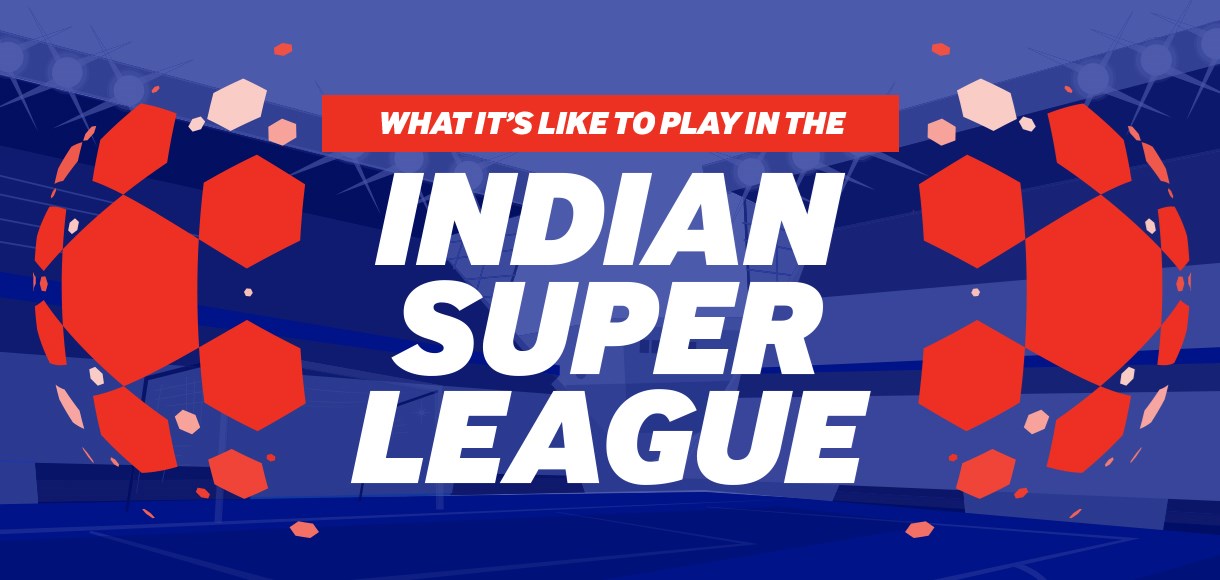
The ex-Arsenal goalkeeper reveals what it was like to leave the lower leagues behind to take up an offer of playing for one of Asia's most popular clubs.
Graham Stack was having a kick around in the garden with his kids when the phone rang.
On the other end was Steve Coppell, his manager at Reading 10 years earlier when they won the Championship title with a record 106 points.
Coppell had just taken charge of the Kerala Blasters – one of the outsiders in the Indian Super League football betting – and wanted to know if his former goalkeeper fancied joining him as a player-coach.
It was the summer of 2016, and Stack was still waiting for the offer of a new contract from Barnet, where he’d spent the previous four years flitting between the Conference and the Football League.
“It wasn't life-changing money, by any means,” says Stack. “It was a four-month contract that probably generated an 18-month salary for me over here.
“But the chance to embrace a new culture, a new environment, on the other side of the world, I just thought: 'Wow, what a fantastic opportunity.”
It was one he couldn’t turn down, even though it meant leaving his wife Natalie and four children – Leila, Grace, George and Alfie – behind.
“That was definitely the toughest challenge,” he admits. “If you're getting paid hundreds of thousands of pounds, it becomes a very easy decision.
“But when you're not, and you're putting everything on hold back here – missing out on your son's first day at school, their first Sunday league match, birthdays, christenings, stuff like that – it's not an easy decision to make.
“There's only so much Facetime and Skype and whatever else you can do.”
Stack, though, felt compelled to go. He was not the only one.
Indian Super League rules at the time dictated that all eight clubs must include between eight and 10 foreign players in their squads, plus one marquee player boasting global appeal.
Kerala Blasters – who at the time were owned by Indian cricket legend and all-time top Test run scorer Sachin Tendulkar – plumped for Aaron Hughes, veteran of over 450 Premier League appearances with Fulham, Aston Villa and Newcastle.

Joining him and Stack were journeyman striker Michael Chopra, Antonio German – with 20 Football League starts to his name during spells at seven different clubs – and seven more faces from Spain, France, Haiti, Ivory Coast, Senegal and Chad.
Combined with the contingent of homegrown players, Stack suddenly formed part of a dressing room that was more multicultural than the majority of those in Europe’s major leagues.
It didn’t take long, though, for them to develop a rapport.
“We had a real mix of different backgrounds, footballing experiences, cultures, religions,” he says. “It was a beautiful blend.
“We built morale on the training ground, with old v young games, internationals v non-internationals, foreigners v Indians.
“There were a few Indian leaders. A boy called Gurwinder Singh, who has captained India, and a boy called Mehtab Hossain, from Calcutta, who was also an Indian international.
“There was also a couple of boys from Punjab who liked a drop of whiskey.
“Sometimes, the Punjabi lads and a few of the other boys, along with myself, obviously, and Chops [Chopra] and Hughesy [Hughes], we'd go out and have a few drinks. We all got on great.”
Having begun his career at Arsenal in 2003, where he served as Jens Lehmann’s No. 2 during their Invincibles season, Stack assumed a mentoring role towards his Indian teammates.
“I think they looked to us for a bit of guidance,” he says. “They were always intrigued and would want answers for questions, like what we were eating, what we were doing in the gym, why did we have a foam roller?
“At times, they were flabbergasted by the work we used to do, and I think we had to change their mentality.”
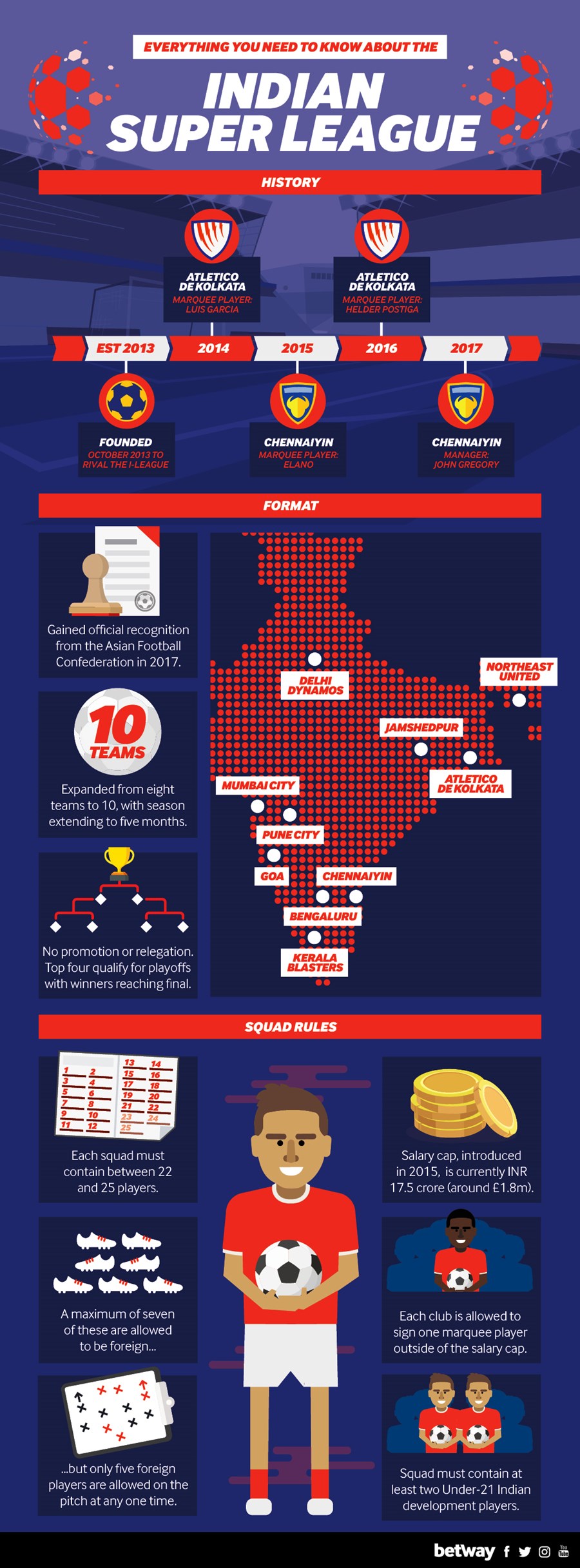
Not that they weren’t without talent.
“Individually, there were some very good Indian players over there,” he says. “There were certainly a couple in my team that would have been able to come over here and play in the Championship.
“But then there were others that would find it difficult to get into a League Two side.”
Stack, who spent three years at Hibernian between 2009 and 2012, chuckles. “It's a little bit like the Scottish league, in that sense.”
Yet while he and the other imports could offer plenty of guidance off the pitch, their influence on it was limited by only ever being allowed to have six foreigners on the field at any one time.
“There was a game where I came off, when we were losing to Calcutta 1-0, because we've got a foreigner in goal and we need to get our Haitian international centre forward on the pitch to try and get us back in it.
“For the manager, it’s a bit of a conundrum, as your best XI doesn't necessarily start.”
With the regular season running between October and December, Stack, who lived in a local hotel, had a schedule akin to that of a Champions League player – travelling a total of over 6,000 miles via numerous connecting flights.
But it was at home in the Jawaharlal Nehru Stadium where the Blasters really excelled, taking 16 points from a possible 21 and conceding just four goals.
“We had 80,000 people and, at times, you'd think the stadium was just going to collapse,” says Stack. “I’ve never experienced anything like it, and I never will.
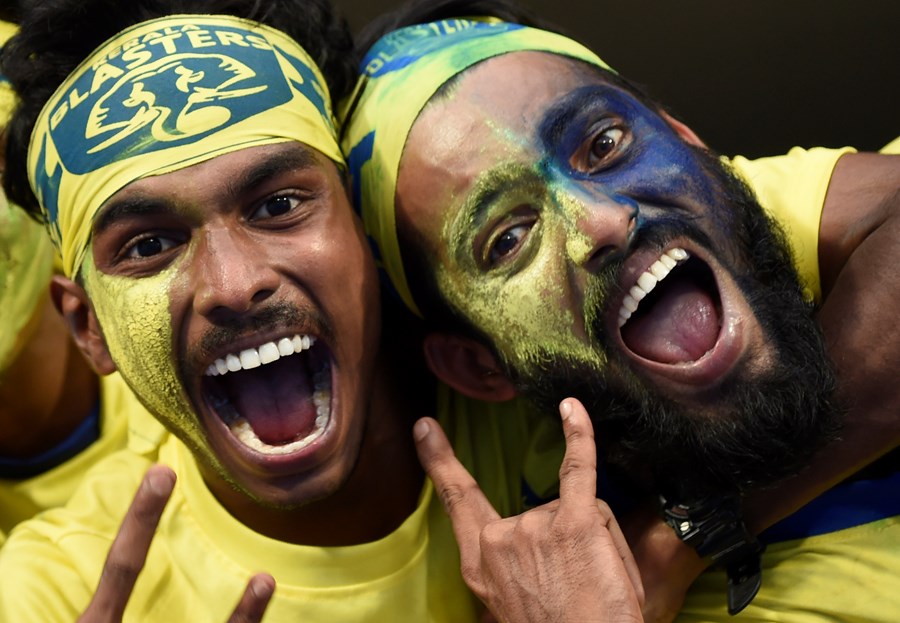
“People couldn't get in. The streets were 50 deep at times on the pavements with people spilling over onto the road.
“Real fanatics, but that was Kerala. Believe it or not, football is their primary sport, not cricket. That's saying something.”
Having been bottom of the table the year before, the Blasters finished second in the league, one point behind Mumbai City. They then beat Delhi Dynamos over two legs in the playoffs to set up a repeat of the 2014 final against Atletico de Kolkata.
After going ahead in the first half, the Blasters conceded just before the break before eventually losing on penalties.
“I saved the first one and then we missed our last two,” says Stack. “Two central defenders put it over the bar. I did ask Copps [Coppell] to take one but was overlooked, unfortunately.
His disappointment turns to a laugh. “There's no doubt I'd have stuck it away. The goalie was about 5ft 8in and I just felt you had to hit the target to have a very good chance of scoring.”
But for Stack – who retired in September 2018 to take up a coaching role at Premier League club Watford – that defeat could never spoil what he describes as “one of the greatest experiences I’ve had in my time in football”.
“It would have been a fairy tale [to win],” he says. “But it was about more than winning the trophy. It was about everything that came with it.
“It wasn't until you started putting a few things down on paper on the plane on the way home that you think: 'Blimey, what an experience.’
“What I experienced off the pitch with that group of players will always mean more to me than what happened on it.
“It surpassed all my expectations.”












